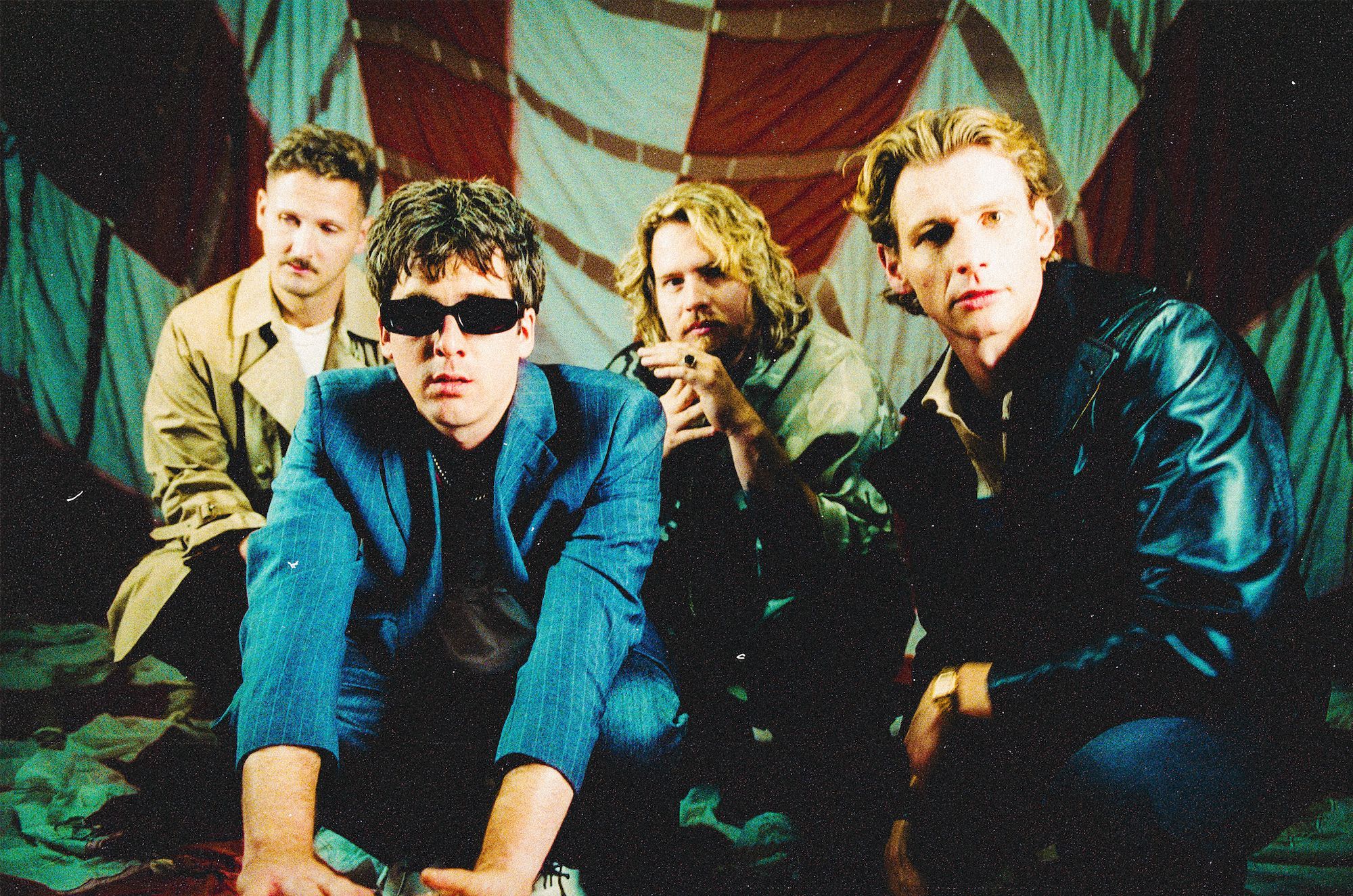There’s a quiet shift that happens somewhere between your late twenties and early forties. One day, you’ve got a rotating cast of guys to grab beers with or crash a game night. Then suddenly, it’s been six months since you’ve talked to most of them, and your text threads are just memes and birthday wishes. You’re not mad about it. No one did anything wrong. But there’s this subtle, persistent ache that creeps in—a kind of loneliness that doesn’t always look like loneliness. Just silence.
For millennial men, friendship isn’t exactly a soft landing anymore. It’s easy to tell ourselves we’re too busy with work, relationships, parenting, sleep, health, all of it. But underneath the logistics, there’s something harder to admit: we’re out of practice. Or maybe we never had much of a model for deep, sustaining male friendships to begin with.
It’s Not Just You: Male Friendship Gets Weirder With Age
When you’re younger, proximity does the heavy lifting. You see the same people every day at school, college, work. You bond over shared suffering, cheap beer, inside jokes that shouldn’t be funny but still are. Nobody expects emotional availability or follow-through. You’re just around each other, and that’s enough.
But life starts carving people into their own lanes. Someone moves out of state. Another guy gets married. One friend becomes a dad and disappears into the fog of diapers and preschool pickup. And when that glue of proximity disappears, so does a lot of the momentum. It’s not malicious. It’s just gravity.
What makes this all harder is the social script most men are handed. We’re taught to show up, not open up. Be loyal, not vulnerable. So when things shift and friendships feel uneven or distant, we don’t always know how to respond. We shrug it off instead of checking in. We let one-sided friendships linger until they quietly die out, never naming what’s missing. And even when we do crave connection, it can feel weird or embarrassing to say so.
The Myth Of Low-Maintenance Friendship
There’s a comfort in the idea that “real friends pick up where they left off,” but that phrase can turn into an excuse. In reality, letting a friendship sit on the shelf for years and expecting it to snap back into place is like trying to start a car that hasn’t been driven in a decade. Maybe the engine turns over, maybe it doesn’t.
Good friendships need more than nostalgia or shared history. They need effort. That means texting first. Making the call. Scheduling the dinner. Following up when someone cancels. If your friendship is always “we should get together soon” with no actual plan, it’s a mirage.
There’s nothing wrong with wanting consistency. Checking in doesn’t make you needy. Wanting to feel known by your friends isn’t some dramatic emotional overhaul. It’s just being human. And yeah, it might feel awkward to nudge a guy friend to meet up or admit you miss talking. But if you don’t do it, who will?
Reconnect By Reaching Out (Yes, Really)
You don’t need to reinvent your social life from scratch. A lot of the time, the people you want to see again are already somewhere in your orbit. Maybe you lost touch with someone you used to be tight with in high school or college. Maybe there’s a guy you worked with ten years ago who still crosses your mind when you hear a certain song or smell a certain cologne.
Those connections aren’t dead. They’re just dormant. The trick is to stop waiting for the perfect moment. Don’t let the fear of it being “weird” keep you from doing something simple. It can be one text: “Hey, I was just thinking about you. Hope you’re good.” That’s it. You’d be surprised how often people respond with relief that someone else made the first move.
When you make that contact, lead with ease. Don’t pile on heavy expectations. You’re not proposing a lifelong reconnection, just starting a conversation. If it clicks, you’ve opened a door. If it fizzles, no harm done. The point isn’t to resurrect every old friendship. It’s to remind yourself you’re allowed to try.
Old Friends, New Paths
Sometimes the friendships worth reviving aren’t the ones that were the most intense, but the ones that aged quietly in the background. Reconnecting with someone you went to school with can be surprisingly grounding. You’ve both changed, maybe wildly, but you still have that shared shorthand from a time when life was simpler.
If you’re serious about doing this, try using Facebook, Classmates or another social media platform as a launchpad. Don’t overthink it. You don’t need a 500-word intro or a slick reason. Just reach out with curiosity and see where it goes.
These friendships can be easier than starting from scratch because there’s already context. Even if you weren’t super close back then, the foundation is there. You both survived the same teachers, wore the same awkward gym uniforms, dealt with the same cafeteria pizza. That’s enough to open a door.
Quality Over Quantity, Every Time
There’s a difference between being popular and being connected. Some guys chase that packed social calendar to avoid feeling alone, but you can still be surrounded and feel unseen. What actually matters is depth. Having two or three people who really know you beats a hundred casual friends who just know your Spotify Wrapped.
This might mean letting go of friendships that don’t give you anything back. That’s not selfish—it’s honest. You’re allowed to want reciprocity. A friend who only talks about himself, cancels last minute, or disappears unless he needs something isn’t a friend. He’s a habit.
It also means recognizing when it’s time to move on. Not every friendship is meant to last forever. Some had their season. Others fade for a reason. Make space for new connections instead of clinging to ones that drain you.
Where It All Leads
Friendship in your thirties and forties isn’t spontaneous anymore. It’s not effortless, and that’s exactly why it matters. The older you get, the more intentional you have to be. That doesn’t make it less real. It makes it more.
Reaching out, showing up, asking better questions, listening closer—none of that is soft or awkward. It’s brave. It’s strong. It’s what turns casual acquaintances into lifelong allies.
You don’t need a huge group. You just need a few people who actually get you and show up when it counts. And sometimes, all it takes is sending that first text and being willing to go from there.
What Really Sticks
Friendship isn’t about who you’ve known the longest or who lives closest. It’s about who’s in the habit of showing up—consistently, honestly, without needing a big reason. That takes effort, yes, but not perfection. Just presence.
The good stuff sticks when you give it room. Keep showing up. Keep reaching out. And don’t be afraid to say you need it. That’s not a weakness. That’s how friendship works when it’s real.




